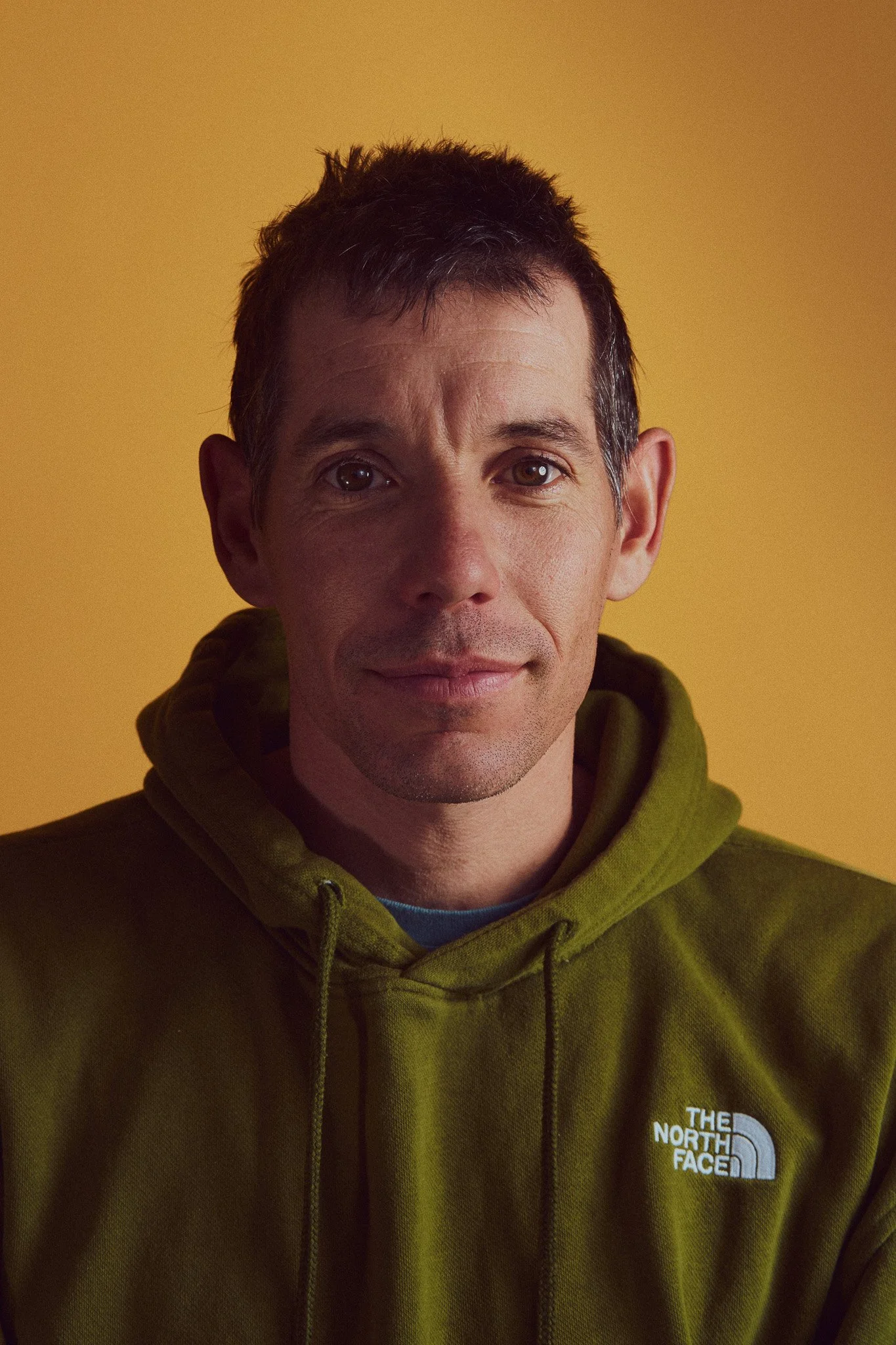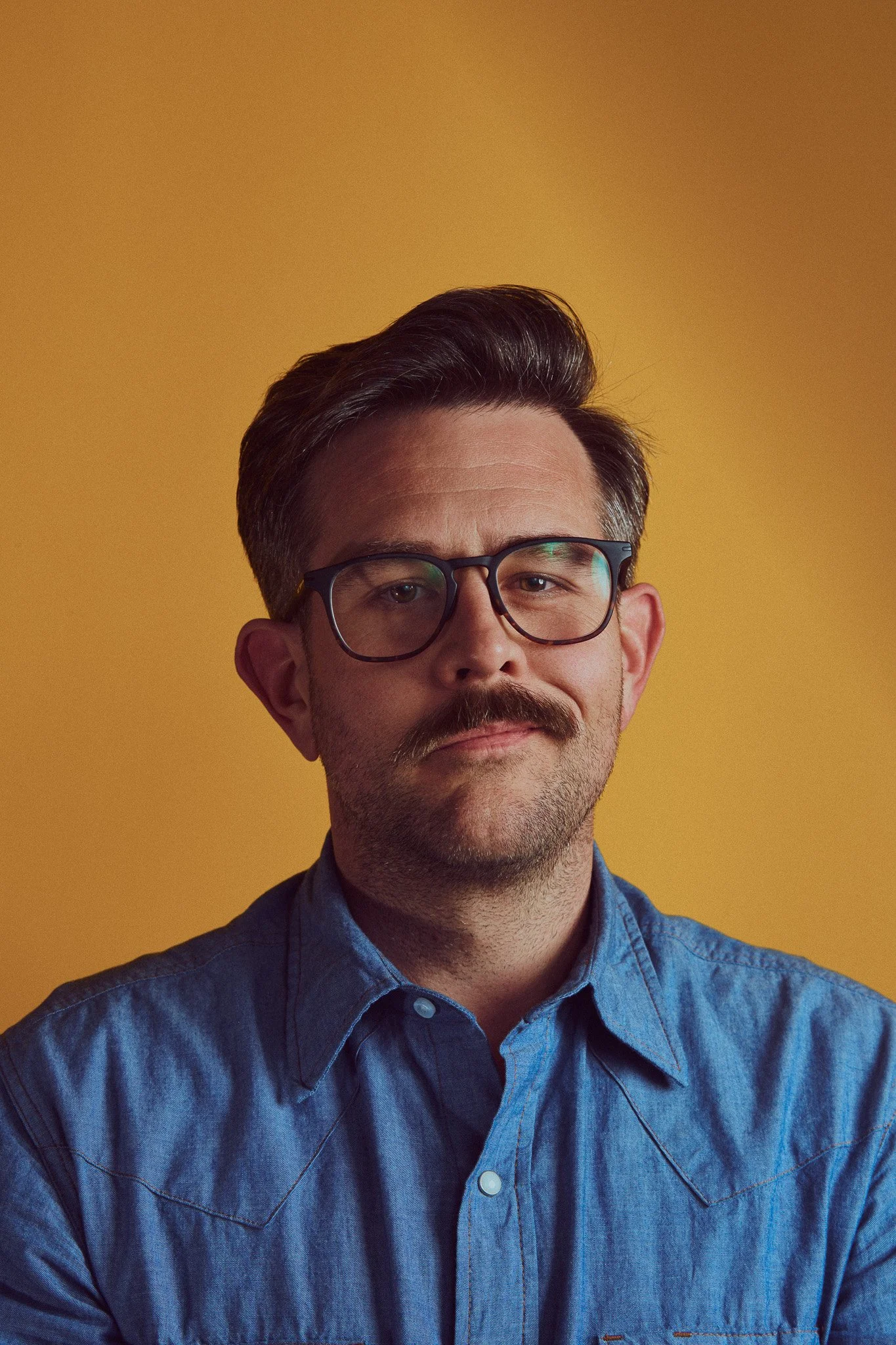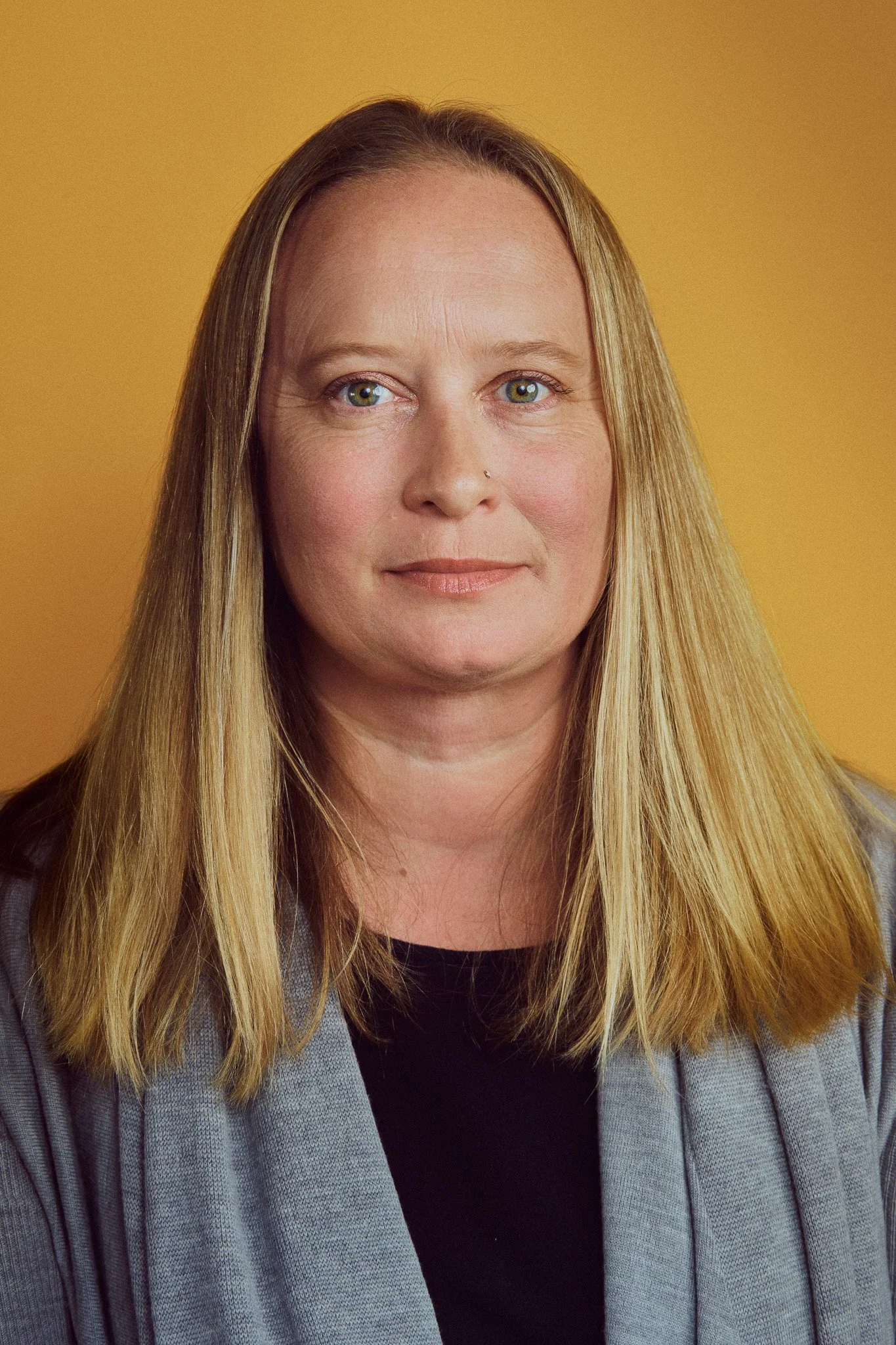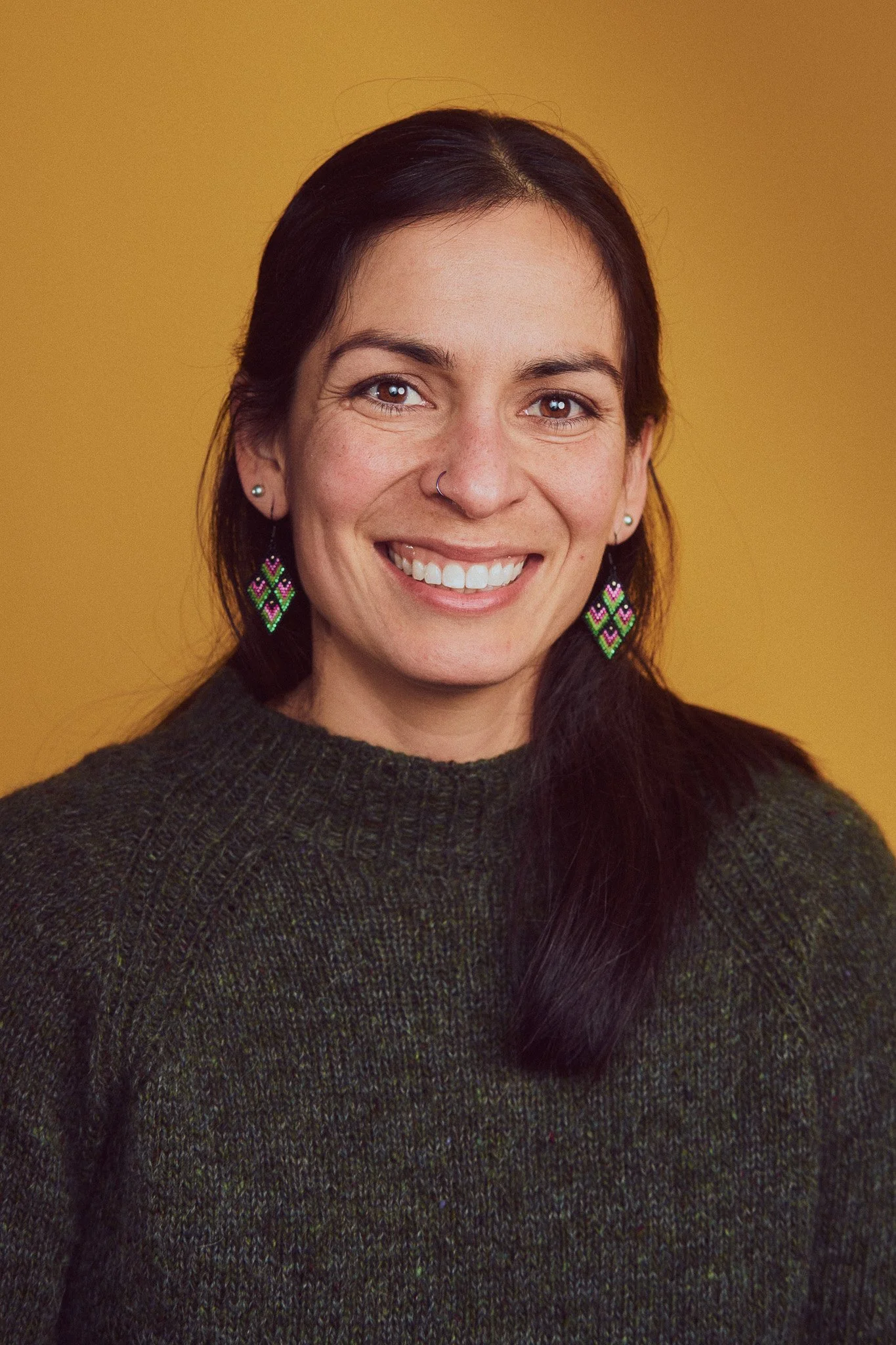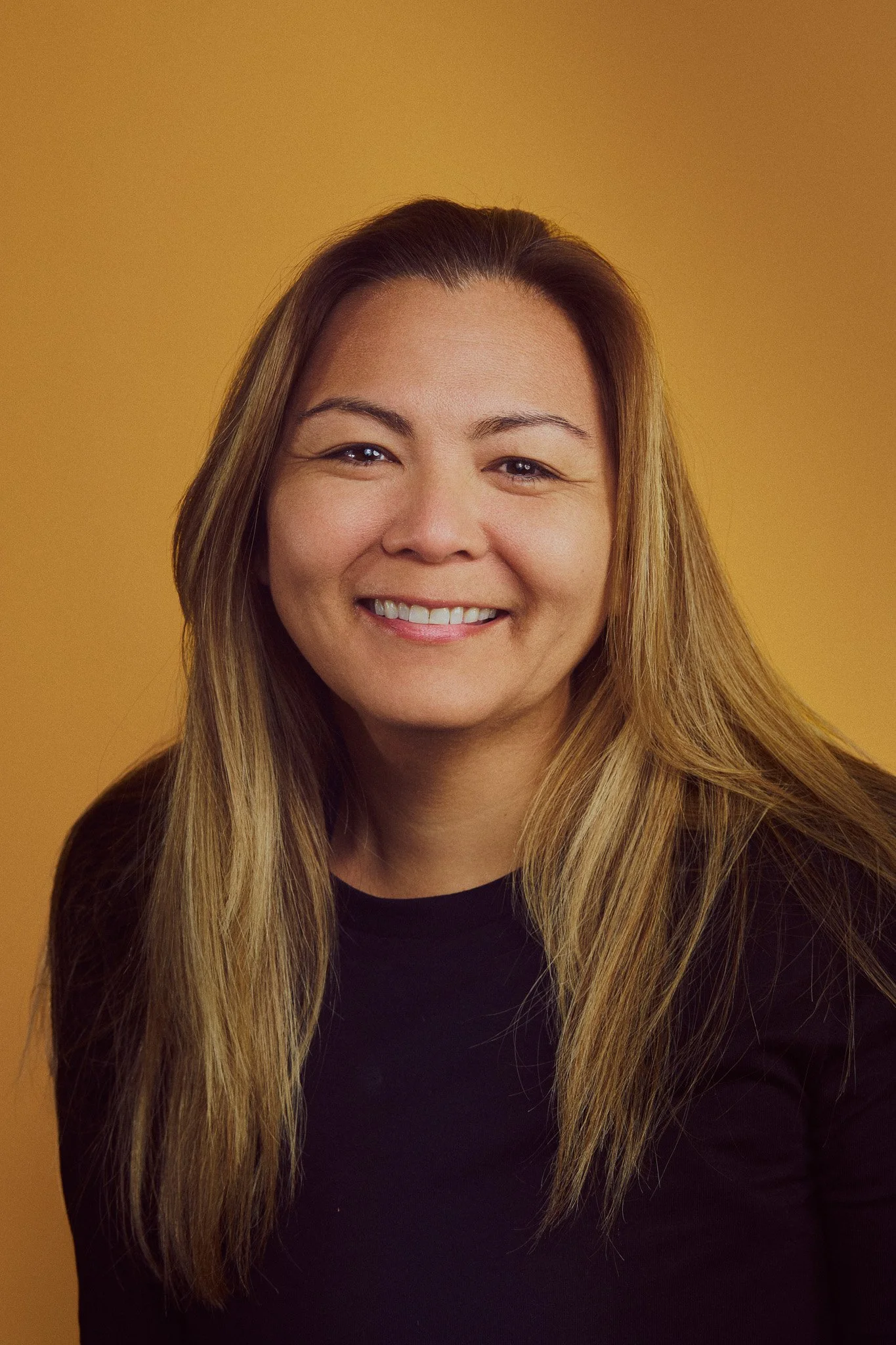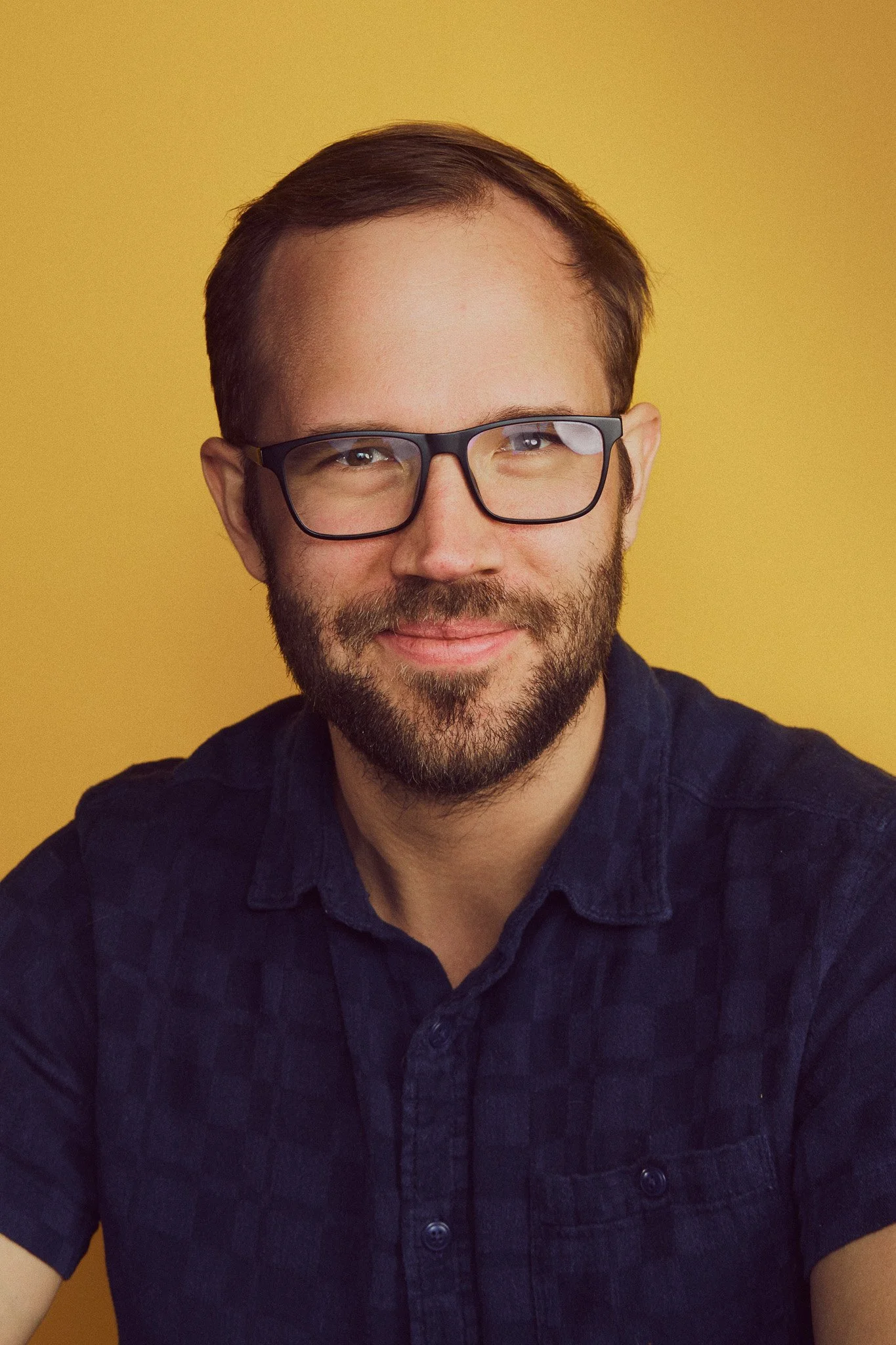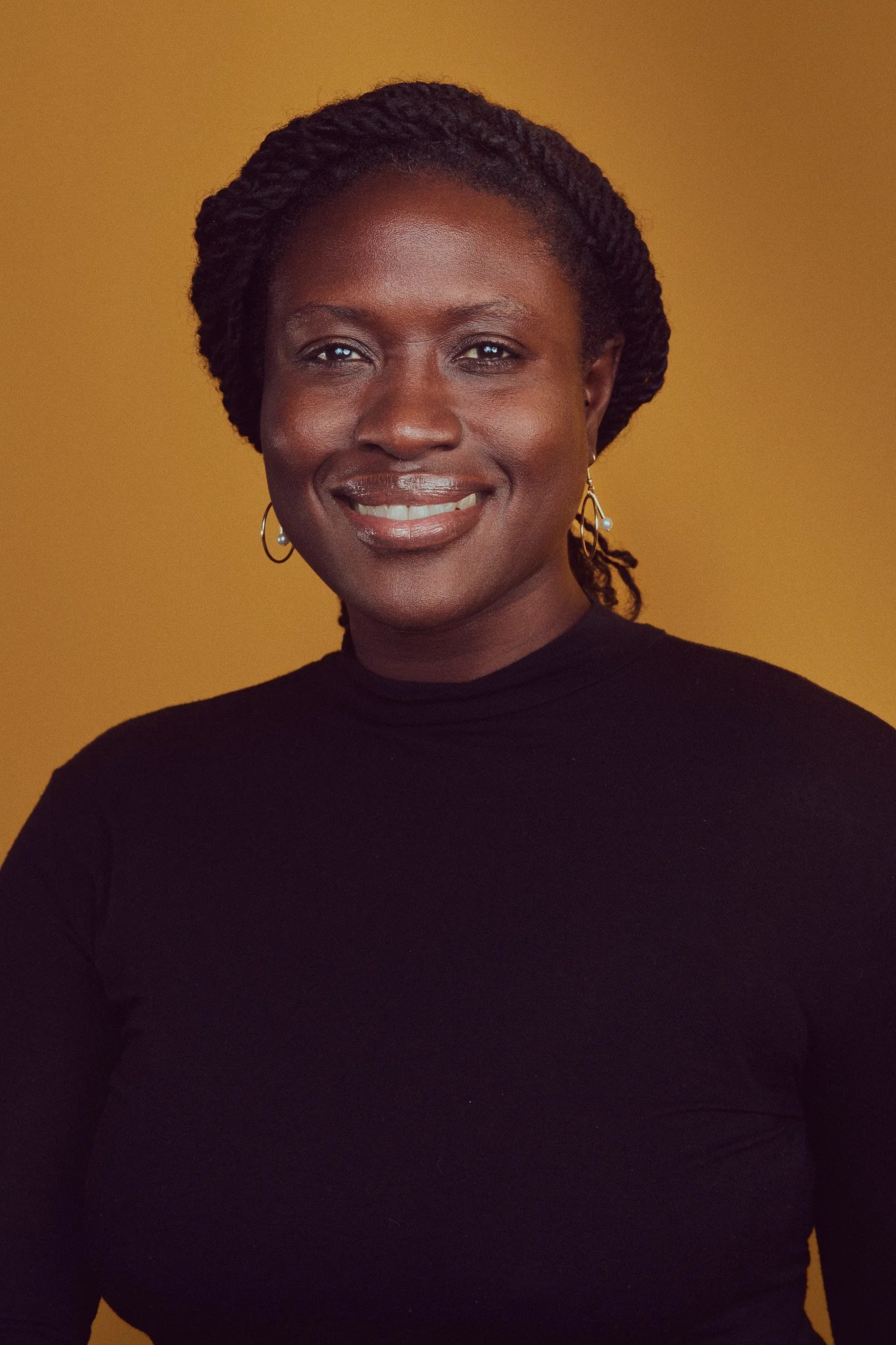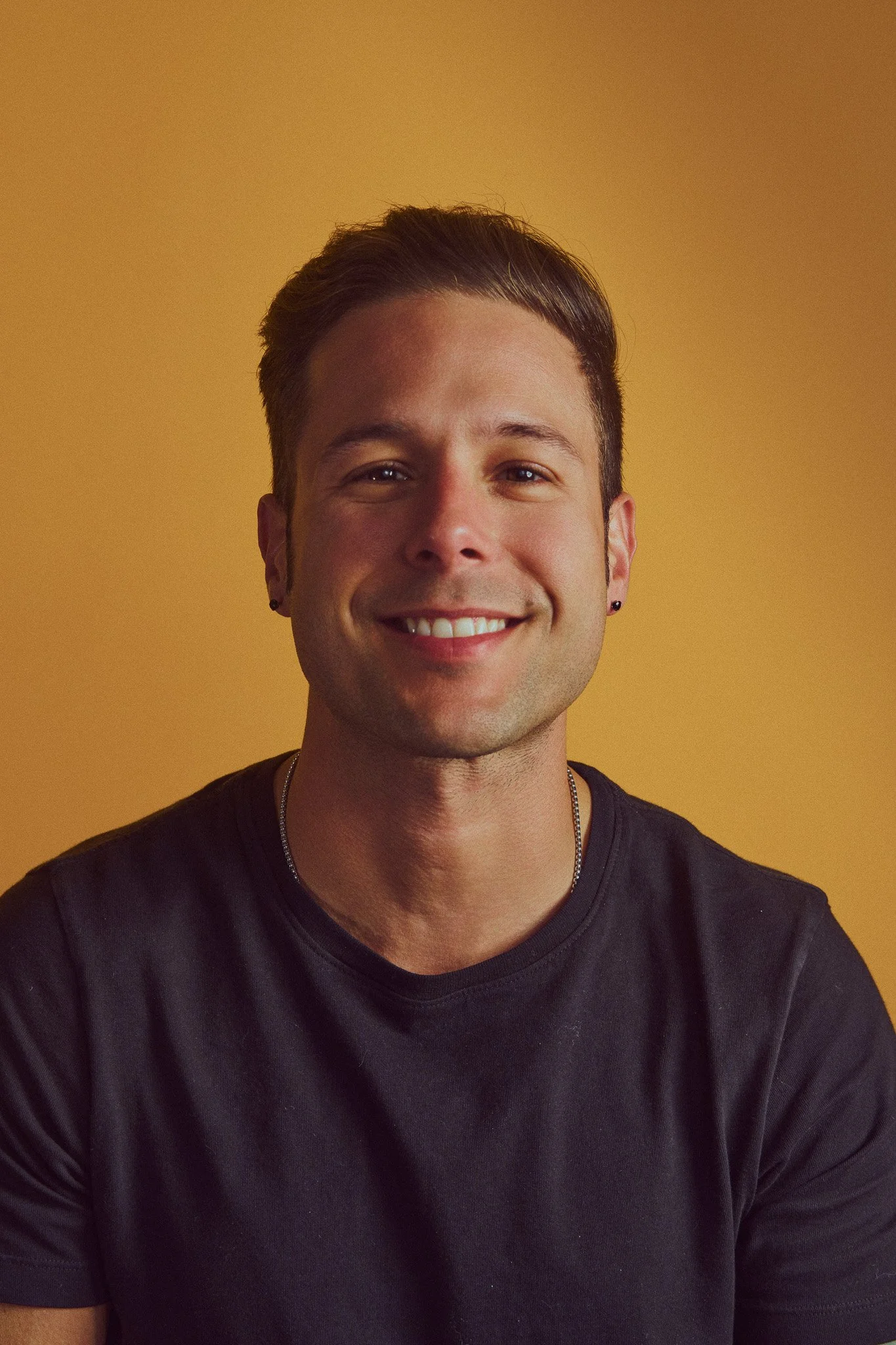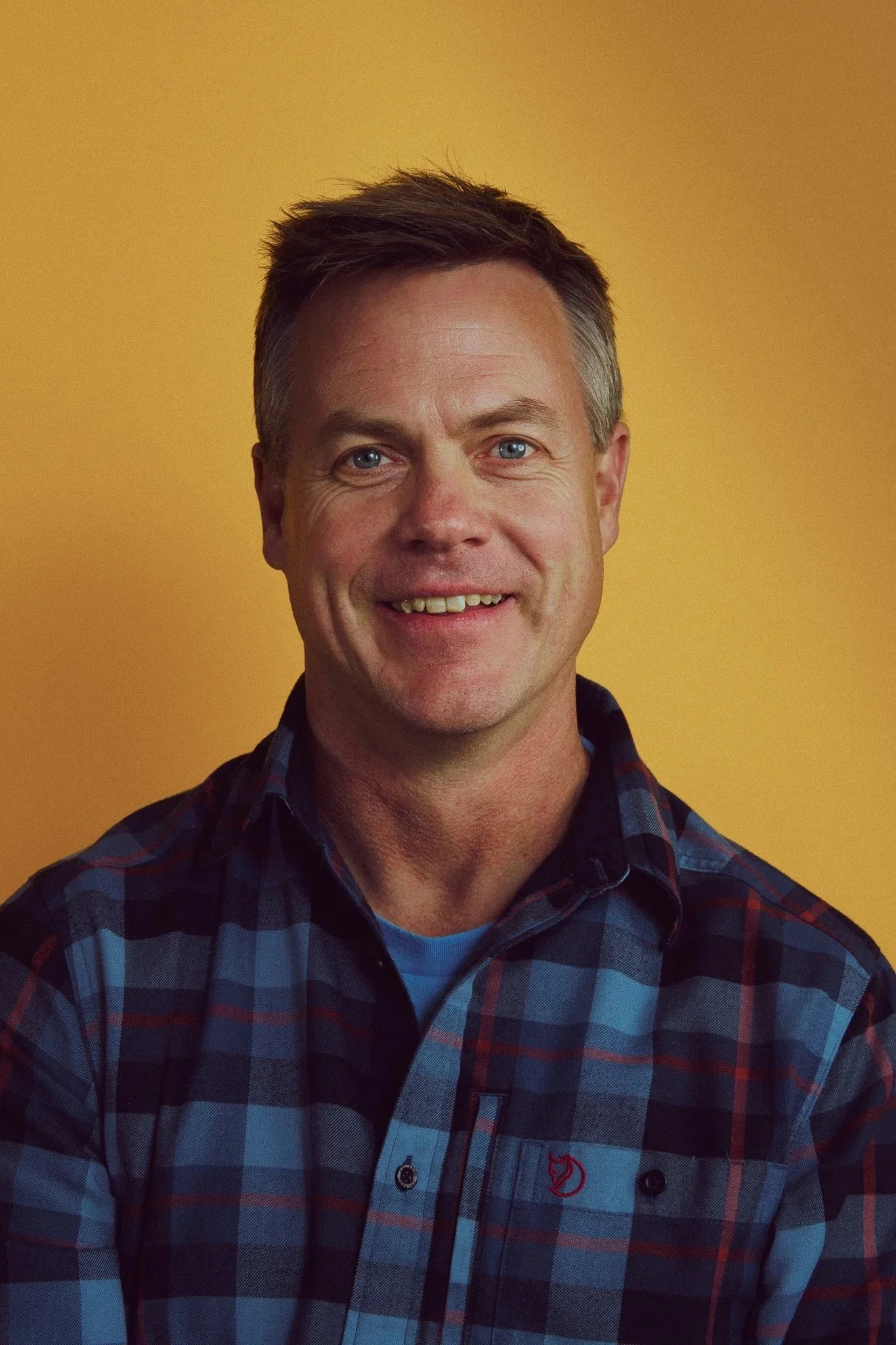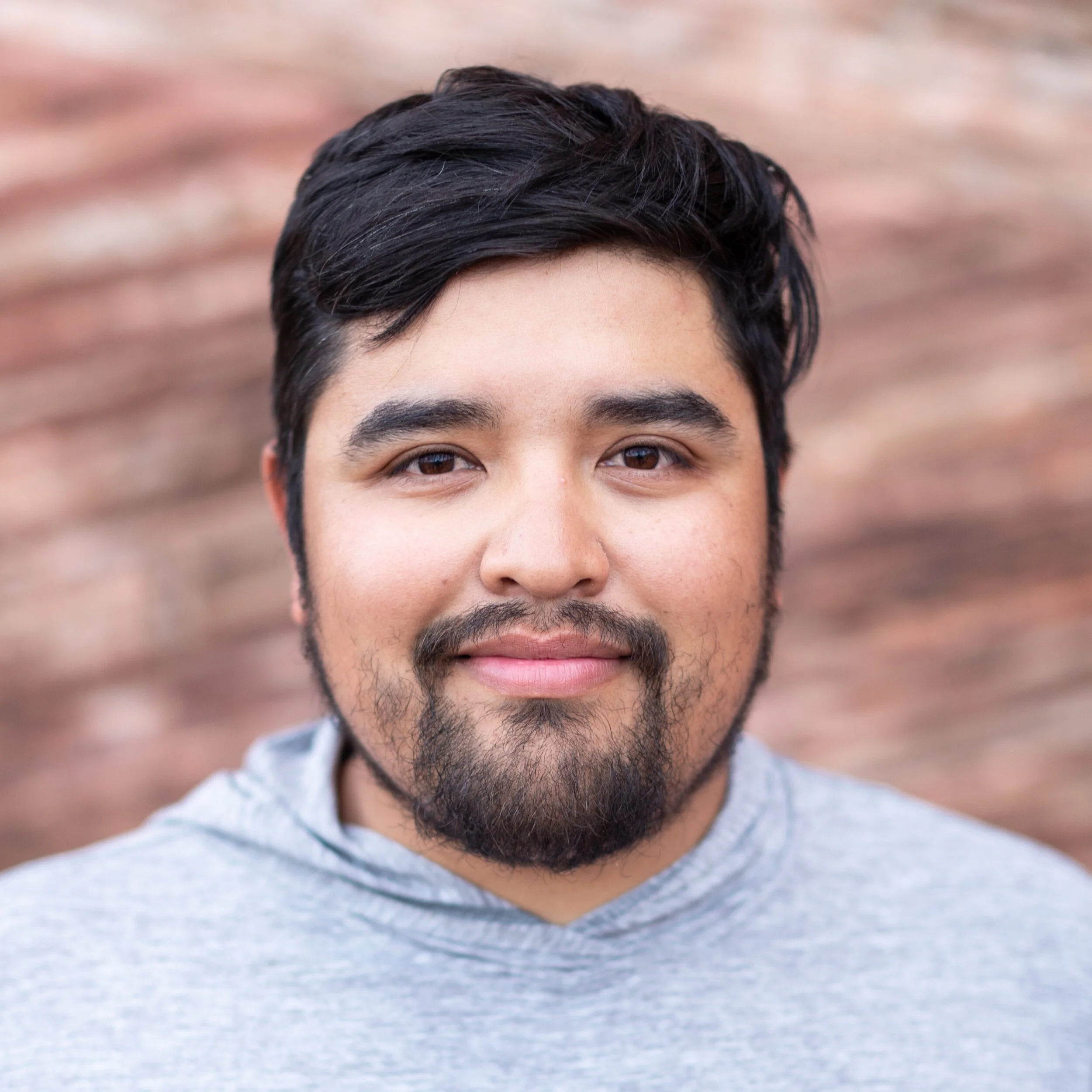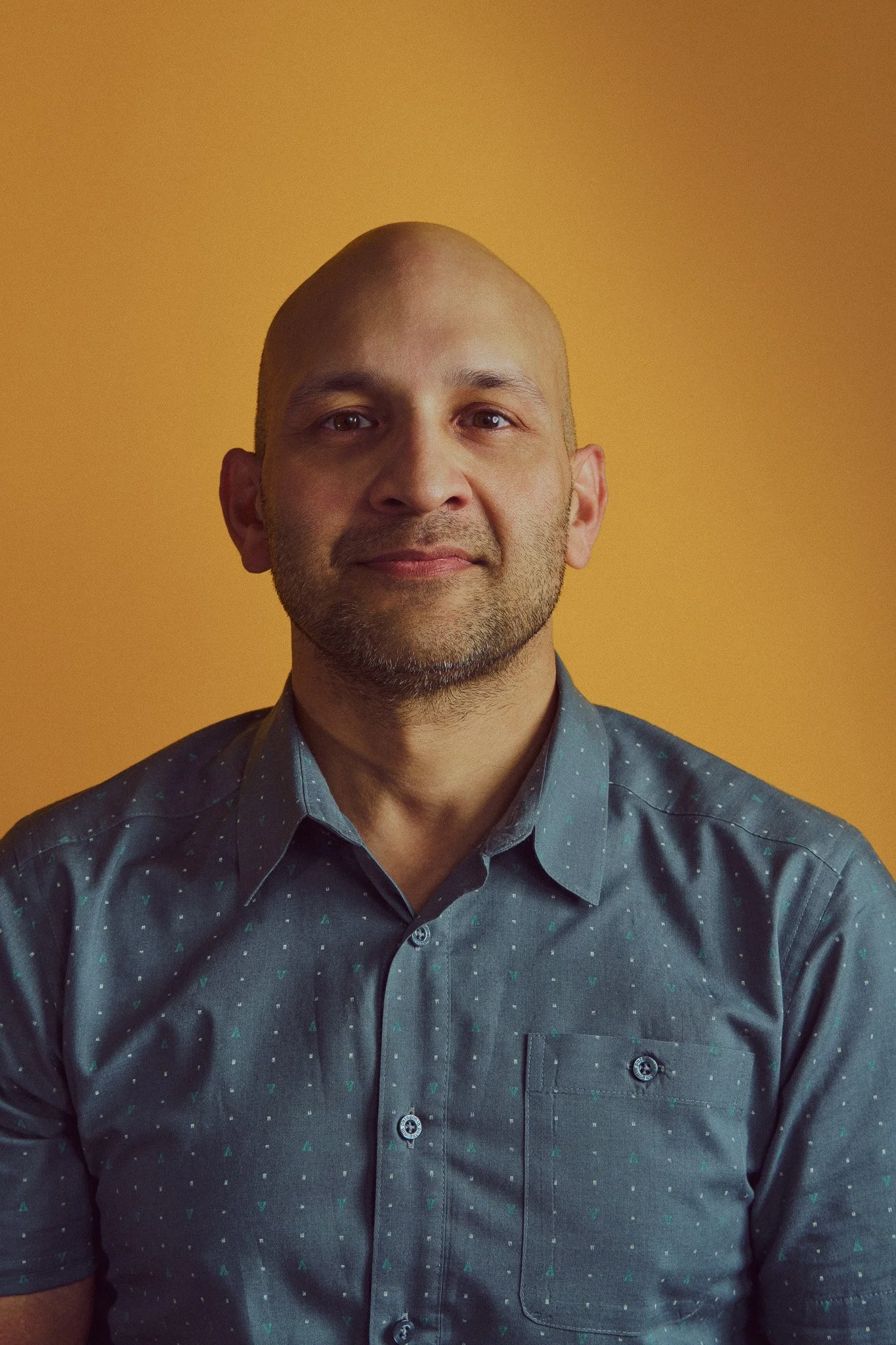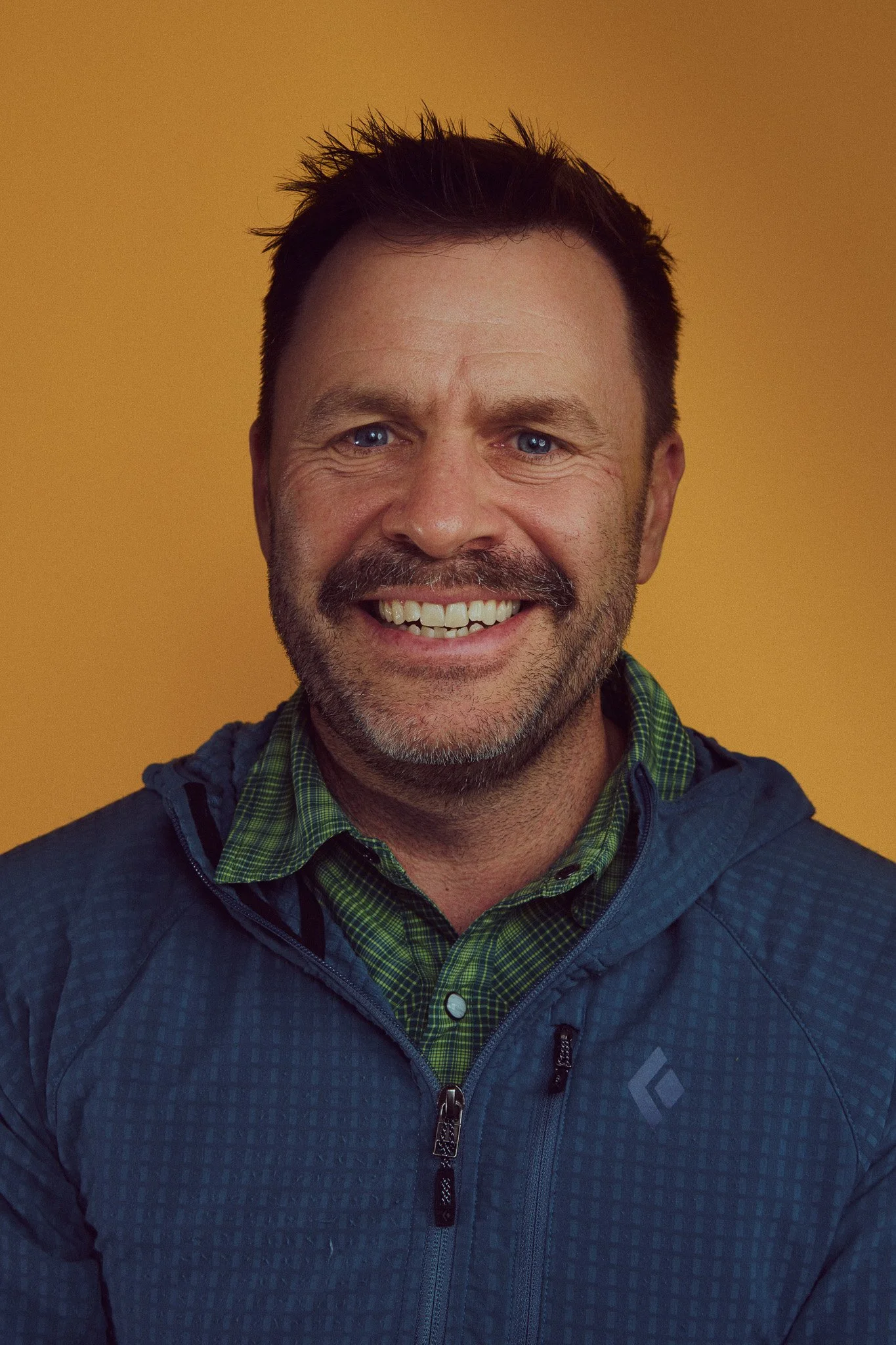

About
About
The Honnold Foundation is building a brighter, more equitable world for all of us.
About
About
The Honnold Foundation is building a brighter, more equitable world for all of us.
About Description
About Description
We believe that small,
deliberate steps can help us
achieve audacious goals
The Honnold Foundation envisions a world where marginalized communities lead the transition to renewable energy, with the resources they need to adapt and thrive. We believe in solar as a proven, environmentally sound solution to global energy poverty, and we award grants to community organizations whose projects are innovative, equity-focused, and have the potential to shift the narrative on what’s possible for energy access worldwide.
HF’s mission and values are rooted in the true spirit of partnership, and our trust-based funding approach is intentionally designed to center the voices, expertise, and leadership of the communities we serve.
History
History
“In climbing, you build a relationship, and then you trust your partner with your life. Why should philanthropy be any different?”
Where We’ve Come From
The Honnold Foundation was founded by professional rock climber Alex Honnold in 2012. At the time, Alex was living in his car (a Ford Econoline van, retrofitted with a bed and storage), climbing all over the United States and, increasingly, the world. After expeditions to Chad and Borneo, he returned home and spent hours hunched over his laptop, researching carbon offsets, environmental activism, energy access, and charitable giving.
In the end, Alex decided to focus his giving on solar energy because it’s so tangible, and so universally effective. Solar energy can bring light to a single family on the Navajo Nation, or transform the resilience and sustainability of an entire city at utility scale. The Honnold Foundation does most of our work somewhere in between— supporting community scale projects that increase climate resilience, bolster social and economic equity, reduce environmental impact, and improve peoples’ lives.
We’ve come a long way from our humble beginnings in Alex Honnold’s van, but the Honnold Foundation’s values remain the same— we believe that small, deliberate steps can help us achieve audacious goals, and we’re here to build a brighter and more equitable world for everyone.
Team
Team
Meet The Team
Alex Honnold, Founder
Alex is a professional rock climber, best known for his ropeless ascents of some of the world's biggest rock walls.
As a matter of principle and practicality, Alex lives as simply as possible. The Honnold Foundation is an extension of that ethic.
Brian Williams, Senior Manager of Operations and Finance
Brian has spent most of his career helping nonprofits achieve their missions through operational efficiencies, financial oversight, and people-first organizational management. He joined the Honnold Foundation in December of 2022, better aligning his personal and professional values of supporting future focused sustainability while making a real impact in real lives immediately.
Based in Tucson, AZ, Brian spends his free time exploring the Southwest – camping on public land and riding his gravel bike – stopping frequently to take photos of it all.
Cynthia Arellano, Senior Program Manager
Cynthia studied Civil Engineering at Rutgers University, where she managed the construction of pedestrian footbridges in Bolivia to help increase connectivity in rural communities. After graduating, she worked as a field engineer in the construction industry. She joined the Honnold Foundation to follow her passion in working towards the empowerment of communities to create long-term, sustainable change.
When she's not on site in Puerto Rico, Cynthia is floating around California and Utah where she feeds her love of climbing and surfing.
Emily Teitsworth, Executive Director
Emily is a passionate advocate for equity and environmental justice, and brings two decades of experience growing and evolving organizations in the nonprofit and philanthropic fields to the Honnold Foundation. She has worked in Central America, Sub-Saharan Africa, South Asia, and the U.S., with a focus on sustainability, gender and racial equity, public health, and community development. Emily holds a Master’s Degree in Sustainable International Development from the Heller School for Social Policy and Management at Brandeis University, and graduated from Wesleyan University with a B.A. in Philosophy and Psychology. Prior to joining the Honnold Foundation, Emily was the Executive Director of GirlVentures, and a co-founder of Rise Up and Project Aruna. Her writing has been featured in Stanford Social Innovation Review, the Guardian, and the Huffington Post.
Outside of work, Emily is happiest in and around the water, whether it's her community pool in Oakland, a glacial lake, or the Pacific Ocean. She loves exploring the outdoors with her family, writing poetry in rare quiet moments, and is on a quest to find Northern California’s best vegetarian tacos.
Kate Trujillo, Deputy Director
Kate has worked broadly in community development and public health since 2011. Her work spans from strengthening Tribal Court Systems on Native American reservations to running medical triage clinics in rural Honduras and developing clean drinking water systems in Nepal. She joined the Honnold Foundation in September 2019 with the belief that equitable access to the things we need to live a healthy life is a right and not a privilege.
Kate is a member of the Laguna Pueblo and received her master’s degree in Public Health from the University of Michigan. In her spare time, you can find Kate running around the forests of the Pacific Northwest, enjoying a home-cooked meal with friends and family, or searching for the next great read.
Kaui Nichols, Data and Evaluation Manager
Kaui Nichols brings more than a decade of experience across philanthropy, nonprofit, and creative sectors. She supports organizations with systems change, evaluation, and storytelling grounded in Indigenous values and the relationships that shape her work. With a background in photography and design, she connects data, culture, and community to help turn information into action.
Rooted in Hawaiʻi, Kaui feels most at home in the ocean or working in ʻāina. She values being part of her community and shows up with care for the places and people who shape her.
He aliʻi ka ʻāina; he kauwā ke kanaka.
Peter Walle, Director of Partnerships
Peter has spent the last decade empowering grassroots leaders & communities with the resources they need to thrive. These days, he's focused on building a coalition of support for community-led climate solutions at scale. From helping HF's grantee partners share stories about their work, to inspiring the Honnold Foundation's community of supporters to continue growing our collective impact - Peter helps people tell, learn from, and act on stories and solutions that matter.
Outside of the office, Peter spends his time climbing, finding the best local jazz show, baking, meandering along mountain trails, and keeping an eye out for the next opportunity for an adventure.
Seun Owolabi, Donor Engagement and Events Manager
Seun has spent the last decade advancing social justice by building sustainable systems that fuel collective impact and shift power to marginalized communities. Joining the Honnold Foundation in June 2025, she's focused on strengthening the Foundation’s community of supporters and creating meaningful experiences that connect people to bold, community-led climate solutions. From engaging donors in the Foundation’s growing impact to cultivating events that uplift our grantee partners’ stories, Seun is passionate about supporting people to move from inspiration to action.
When she’s not working, Seun loves playing volleyball, taking walks and discovering newly completed beltline trails in Atlanta, as well as finding new ways to unwind and recharge.
Board Members
Board Members
Board of Directors
Armando Cordoves
Armando serves as legal counsel for the foundation on a pro-bono basis. Armando’s passion for the environment led him to HF, a place where he could leverage his legal skills to serve the earth’s wild places and empower its inhabitants, including in his native Caribbean. A self-described reluctant lawyer and wannabe dirtbag, when not practicing law, Armando spends his free time climbing throughout the Sierra Nevada. Most weekends, you can find Armando faffing about at his home crag, Yosemite National Park, or in his van alongside his two crag dogs, Clark and Medley.
Brady Robinson
Brady Robinson is a climber and conservationist. Brady's career has included over a decade at Outward Bound, 11 years running Access Fund, the national organization that keeps climbing areas open and conserved, and engaging with businesses to protect wild places for their habitat and recreation values as executive director of The Conservation Alliance. He has also worked on land conservation and rewilding projects in Chile and Argentina with Tompkins Conservation and Freyja Foundation, where he is currently the Director of Philanthropy. Brady lives in Boulder, Colorado with his two children.
Len Necefer
Dr. Len Necefer, Ph.D., is the CEO & Founder of NativesOutdoors – a native-owned athletic and creative collective, and the current Board Chair. He holds a Bachelor’s in Mechanical Engineering and a Doctorate in Engineering and Public Policy from Carnegie Mellon University. Previous to this role, Len has worked for the U.S. Department of Energy and, most recently, the University of Arizona. His work melds the intersection of sport, environmental advocacy, and indigenous peoples. His storytelling work melds the intersection of sport, environmental advocacy, and indigenous people and has been featured in the Alpinist, National Geographic, and over 50 film festivals globally. Len currently serves as the Vice Chairman of the Honnold Foundation Board.
Vipul Gupta
Vipul "Vip" Gupta is a technology and product leader, currently working at Google. He has worked at a variety of companies in the technology sector, from early stage startups through IPOs and large scale organization.
As a former Physicist, Educator, Outdoor Instructor and Peace Corps Volunteer - Vip has spent much of his career working to bring a deeper understanding of Science and Applied Technology to the people and global areas that are in the most need. He joined the Honnold Foundation to further that work and support projects addressing the global energy and environmental crises.
Vip lives in the Pacific Northwest where he spends his free time in the mountains with his family.
Peter Martin
Peter leads Strategic Partnerships for the Heartland Fund and its three sister programs: Rural Democracy Initiative, Rural Climate Partnership, and Resource Rural to build power toward a thriving democracy, healthy climate, and shared prosperity across diverse communities in rural areas, and small towns and cities. Previously, Peter was the Executive Director at Tides Foundation. Prior to joining Tides, Peter was a philanthropic advisor to individuals and family foundations. In that role he helped establish new charitable entities and advised clients on their philanthropic plans, programmatic priorities, and grant-making portfolios. He also served 15 years at the Sierra Club, including eight years as executive director of the Sierra Club Foundation.
Peter lives in Marin County, CA with his wife Emily and two sons. When not racing around to meetings, you’ll find Peter on the trails of Mt. Tam or in the Sierra Nevada seeking adventure and refuge from the daily grind.
Shaandiin Cedar
Originally from northern Arizona and the Navajo Nation, Shaandiin Cedar is the Honnold Foundation's Board Treasurer, and an investor at Powerhouse Ventures, a leading early-stage climate tech venture capital firm focused on backing founders building solutions for rapid decarbonization.
Shaandiin has worked with a range of clean energy stakeholders and communities—from helping to deploy renewable energy and energy efficiency projects in low-income housing to working with Fotune-100 corporate sustainability teams. Shaandiin is a climate tech writer, climate justice advocate, and outdoorswoman dedicated to the equitable and timely transition to a clean economy.
Board Emeritus
Maury Birdwell
In 2012, Maury and Alex created the Honnold Foundation while chatting in the car on the way home from a climbing trip. Their vision was simple: to improve lives and reduce environmental impact. Maury served as the Foundation's Executive Director from 2012 to 2018, and served as Chairman of the Board from 2018 to 2021. He currently serves as Board Emeritus. As a lawyer and climber based in Boulder, Colorado, Maury enjoys working with businesses, solving interesting problems, and going on climbing adventures all over the world.
FAQ
FAQ
FAQ
How do I apply for a grant or become a Honnold Foundation partner organization?
Honnold Foundation grants are awarded through our open call for applications, which generally occurs once a year. You can learn more about the application process and sign up for announcements here.
Where does the Honnold Foundation’s funding come from?
Alex Honnold created the Honnold Foundation in 2012 by donating one third of his annual income to solar energy access projects worldwide. These days, Alex is still a huge supporter of our work, but he’s not alone. Corporate partners, charitable foundations, and people like you all help us make the world a brighter, more equitable place.
Hundreds of people support our work as monthly recurring donors, and as little as $5/month can have a huge impact for our nonprofit partners all over the world. Join us in supporting solar energy access by making a gift here! Or if you’re interested in a corporate partnership, we’d love to chat— please reach out.
I would love to work with the Honnold Foundation as an intern/employee/volunteer! How do I get involved?
Learn more about careers and internships here.
How do I invite Alex Honnold to speak at my event?
Speaking inquiries can be directed to Alex’s management team at RXR Sports. If your inquiry is in regard to the Honnold Foundation specifically, you can contact our communications team here.
I’d like to put solar panels on my home. Can you help?
The Honnold Foundation doesn’t fund individual residential solar installs, but we’re always excited when people decide to go solar at home. You can learn more about residential solar options here.
How does the Honnold Foundation support solar projects?
We provide grants, project management, and storytelling resources to partner organizations worldwide. Our partners use the Honnold Foundation’s support to increase solar energy access, provide job training, and amplify energy self-sufficiency initiatives that reduce environmental impact and improve peoples’ lives.
How does the Honnold Foundation ensure that our projects are sustainable?
The Honnold Foundation funds grassroots organizations with long histories of involvement and accountability in the communities they serve. As part of the new partner selection process, we look closely at each organization’s leadership structure, community ties, and impact history-- and we only fund organizations who we know have the skill and the commitment to get things done. The Honnold Foundation trusts our partners, and provides ongoing support and funding to help ensure that they’ll be there in the long run to support each project.
What does the Honnold Foundation do to ensure that the solar panels used by its partners are ethically sourced?
The Honnold Foundation sees solar panels’ immense potential to transform lives in under-resourced communities around the world. That said, we are keenly aware that solar panels are not without their complications. We are in the midst of a climate crisis and it is imperative to move away from fossil fuels as expeditiously as possible. However, we cannot compromise on human rights or environmental sustainability in order to do so.
Forced labor cannot be any part of a solution to the climate crisis. At the Honnold Foundation we want to see more transparency in the supply chain. We want our partners to know where the materials used in the manufacture of solar panels originate. This is one of the reasons that we partner with reputable solar providers, like our friends at REC Solar, who can stand by their labor practices.
In addition, we want mining companies, investors and regulators to operate ethically and sustainably. This means giving power and resources to local communities, and treating them as true partners and stakeholders in projects that impact them.
We cannot give solar and battery manufacturing a free pass, regardless of how urgent the transition to clean energy may be. We need a just transition, and that includes not just equitable access to renewables, but also equal investment in ensuring human rights are respected throughout the supply chain. The Solar Energy Industries Association's Solar Supply Chain Traceability Protocol is a welcome initiative and a good example of the transparency and accountability mechanisms that need to be deployed across the renewable energy sector.
Deploying solar isn’t just a solution to the climate crisis. It’s also a uniquely versatile technology that can be used to advance economic equity and environmental sustainability. The simplest solutions are often the best ones, and solar offers simple solutions to complex community needs. We just need to make sure it’s done right.
Doesn’t the manufacturing process for solar require fossil fuels and/or carbon emissions? Is solar really “renewable”?
It’s true – while solar panels are an environmentally friendly energy solution, the materials and manufacturing process used to create them do have a decent-sized carbon footprint, as they involve mining, melting and cooling. Meanwhile, transporting solar to its eventual install point is yet another source of emissions.
However, despite these shortcomings, experts agree that solar is far more sustainable than its nonrenewable counterparts. Studies have found that coal generates a footprint 18 times the size of solar, while natural gas creates an emissions footprint 13 times the size of solar; notably, these studies do not necessarily account for the fact that solar produces 0 emissions once installed.
The Honnold Foundation requires grantee Partners to source their solar needs from local suppliers. While this does not mean that those parts weren’t initially shipped to the installers, it does help ensure that those panels are shipped as efficiently as possible to the installation, rather than passing through multiple third parties.
Finally, it’s worth noting that the solar industry can make significant emission efficiency gains by developing recycling mechanisms for the massive volume of panels that are being rapidly deployed around the world. Since HF’s panels are sourced new, we don’t yet have a reason to develop and scale a recycling program internally. However, we support and research these opportunities so that when our Partners’ installations reach end-of-life in 25-30 years, we’ll be ready.
What about batteries? Don’t those double down on many of the challenges of solar?
Like solar energy, battery storage offers an imperfect solution to the climate crisis, but it does offer a solution.
Battery storage systems do require the extraction of materials such as lithium, cobalt, and nickel, which does raise both environmental and ethical concerns. However, it's crucial to note that the technology’s overall impact needs to be assessed through a lifecycle analysis. The extraction and manufacturing phase is just one part of the story. Once in operation, batteries play a pivotal role in reducing reliance on fossil fuels, mitigating greenhouse gas emissions, and facilitating the integration of intermittent renewable energy sources like solar power into the grid.
Battery storage enhances the reliability and stability of the electrical grid. In areas prone to power outages or with unreliable grid infrastructure, batteries ensure a consistent power supply. This is particularly transformative for historically marginalized communities, offering them access to reliable electricity, even when the sun goes down, to improve education, healthcare, and economic opportunities. Meanwhile, other grid-tied communities face increased rates of severe storms, and with it, long-term power outages. Here, battery backed solar installs bolster climate resilience and help ensure continuation of services in the midst of natural disasters.
Lastly, it’s worth noting that the battery storage industry is rapidly evolving. Researchers and manufacturers are actively working on improving battery technologies, making them more energy-efficient, environmentally friendly, and economically viable. Continued innovation is expected to lead to the development of batteries with reduced reliance on scarce materials, further enhancing their sustainability.
Why doesn’t the Honnold Foundation support wind, or (insert alternative renewable here)?
The Honnold Foundation knows it will take multiple solutions to decrease the global community’s reliance on fossil fuels. New and emergent technologies (including but not limited to wind, hydropower, geothermal, and more) offer crucial pathways to a clean energy transition.
HF originally focused on solar because it’s a clean, elegant, and scalable solution that experts have identified as a crucial component of the clean energy transition. And, most importantly to our work, solar is well-suited to helping communities meet their needs, at both small and medium scale.
We’ve received thousands of applications for solar energy projects around the world, most of which are from organizations that would have a difficult time accessing the funding needed to make these projects a reality without HF’s support. Considering this massive pipeline and opportunity for impact, and HF’s relatively small size, it makes the most sense for our team to focus narrowly on this area of expertise rather than diversifying the types of projects we support.
Utility scale wind and solar projects will happen with or without the Honnold Foundation, at volumes of capital (trillions) that far exceed our organization’s financial capacity. Meanwhile, our support provides crucial funding for grassroots partners worldwide.
Where and what do my donations ultimately go towards? Is the Honnold Foundation fiscally responsible with my donation?
When you make a gift to the Honnold Foundation, 100% of your gift goes directly towards our programmatic work. Our founder, Alex Honnold, covers the organization’s overhead & administrative expenses, ensuring that our donors’ support goes directly to resourcing our network of partners around the world. HF’s budgets are outlined in our annual impact reports, and transparent financial data, including budget allocation, grantees, board of directors, and executive compensation are made publicly available in our annual Form 990.
We can’t help but note that, while we’re lucky to have a founder who invests radically in our work, not all nonprofits can lay claim to the same. Many philanthropies' and donors’ relationships with their grantees get caught up in red tape, and significant reporting structures. Grants, especially those given to small, grassroots nonprofits, are often restricted to a specific program or project.
Moreover, organizations have no option but to figure out how to make their expenses fit into restricted grant categories and if they can’t, crucial elements to any growing organization like staffing capacity, employee training, program development, and employee wellness initiatives remain underfunded.
The restricted funding model leaves nonprofits with difficult decisions. Nonprofit leaders may take on projects specific to a grantmaker's priorities in hopes of building a relationship that could guarantee future funding. In turn, this prescribes funder-tailored solutions to community-level problems, undermining the clear advantages of community-based, community-centered work. Ultimately, this is why the Honnold Foundation’s grants are “unrestricted”; doing so enables organizations to focus on what matters most: their growing impact.
Grant Advisory Committee
Grant Advisory Committee
Technical Advisory Committee
Michiel Zuidweg, 2020-21
Former C.O.O and Director of Commercial Projects,
Puget Sound Solar
Jose Alfaro, Ph.D, 2020
Assistant Professor of Environmental Practice,
The University of Michigan
Dr. Tommy Jones, 2020
Deployment Specialist, U.S. Department of Energy
Sachiko Garber, 2020
Climate Policy Manager, The Nature Conservancy
Daniel Tittmann, 2021
Service Manager, Positive Energy Solar
Jeff Lauckhart, 2021
Lead Designer, Sunsense Solar Inc.
Juan Treto, 2021
Solar PV Designer, Positive Energy Solar
Scott Ely, 2021
President, Sunsense Solar Inc.
Toby Schmidt, 2021
Co-owner, Creative Energies Solar

